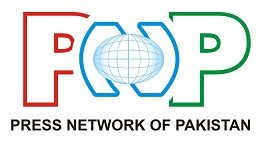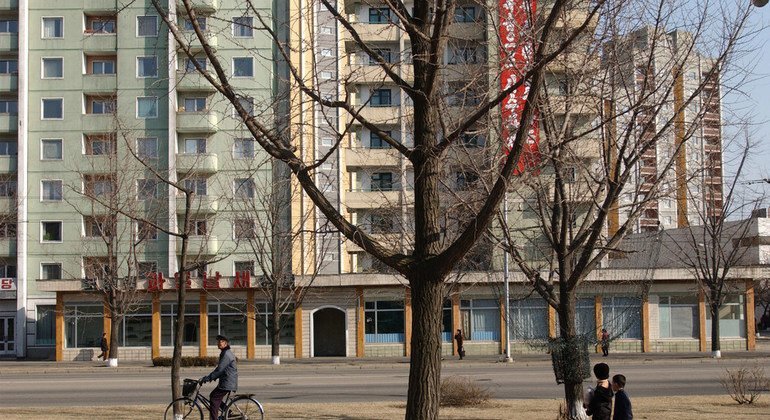A new report by the UN human rights office (OHCHR) details enforced disappearances and abductions dating back to 1950.
Heart-breaking testimony from some 80 victims shows how the crimes have caused long-lasting trauma, said UN rights chief Türk, who added that “entire generations of families have lived with the grief of not knowing the fate of spouses, parents, children and siblings”.
Mr. Türk stated that enforced disappearance is “a profound violation of many rights at once, and responsibility lies with the State”.
He called on the DPRK – more commonly known as North Korea – to acknowledge and resolve the cases and to work with the UN on solutions to these and other pressing human rights issues. Mr. Türk also echoed the report’s urgent call for truth, justice and reparations for victims.
“Even in decades-old cases we should leave no stone unturned in seeking accountability, transparency and redress,” he said.
Wide variety of violations
The report examines a variety of instances of enforced disappearances and abductions in the period from 1950 to 2016. The cases follow two patterns: arbitrary detentions inside the DPRK of its nationals, whose whereabouts and fate have been kept secret; and the enforced disappearance of foreigners.
These include abductions of nationals of the Republic of Korea during and after the Korean War, non-repatriation of prisoners of war, and abductions or enforced disappearances of nationals from Japan and other countries.
Families broken, livelihoods lost
Entitled “These wounds do not heal”, the report details the “severe and sustained psychological harm” endured by victims and their families. Loved ones of the disappeared testified about the extreme anxiety and trauma they suffered, with nowhere to turn for psychosocial support.
The violations have also had a strong economic impact on families, in a context where most disappeared persons are men. The report shows that “without the support of the traditional main income earner in the family, women have had to shoulder the entire burden of family life themselves, at a time when they were under surveillance and treated with great suspicion”.
The resulting marginalization and poverty affected families across whole generations.
Children wait to receive nutritional supplements at a clinic in Nampo City, Democratic People’s Republic of Korea. (file)
Long-standing allegations
Enforced disappearance allegations engaging the responsibility of DPRK are “well-documented” by UN human rights bodies, the report says, highlighting that its conclusions support those of the 2014 Commission of Inquiry (COI).
The COI established the Government had engaged in a State policy of enforced disappearance of persons since 1950 and found that “systematic abductions, denial of repatriation and enforced disappearance of persons from other countries on a large scale” as a matter of state policy, constituted crimes against humanity.
Call for accountability
The report highlights that the relatives of the disappeared want to know the truth about what happened to their loved ones.
The seriousness of the violations requires a response and appropriate investigations from the DPRK, it says, and “those responsible should be brought to justice in domestic or international courts that meet international standards for a fair trial”.
Justice for the victims also needs to go hand in hand with redress. In the report, OHCHR advocates for “comprehensive” reparation programmes going beyond compensation, to be established with the participation of the victims themselves.


